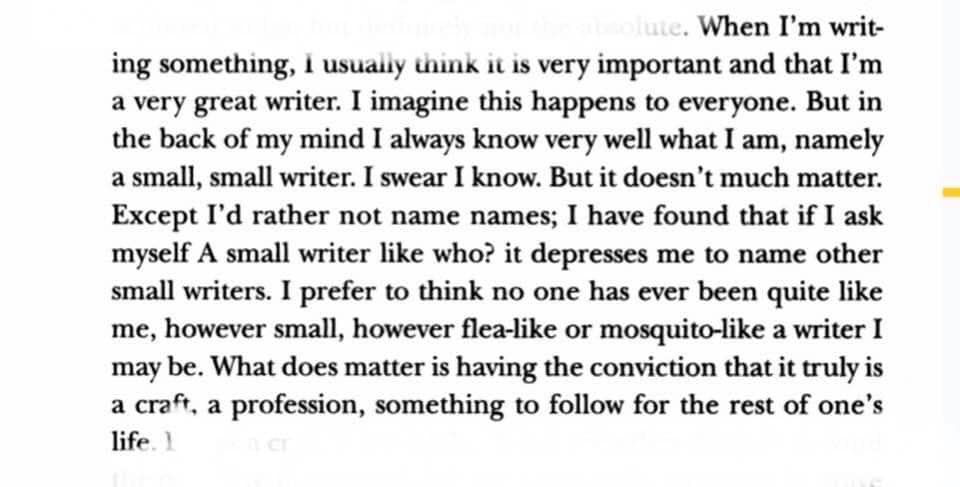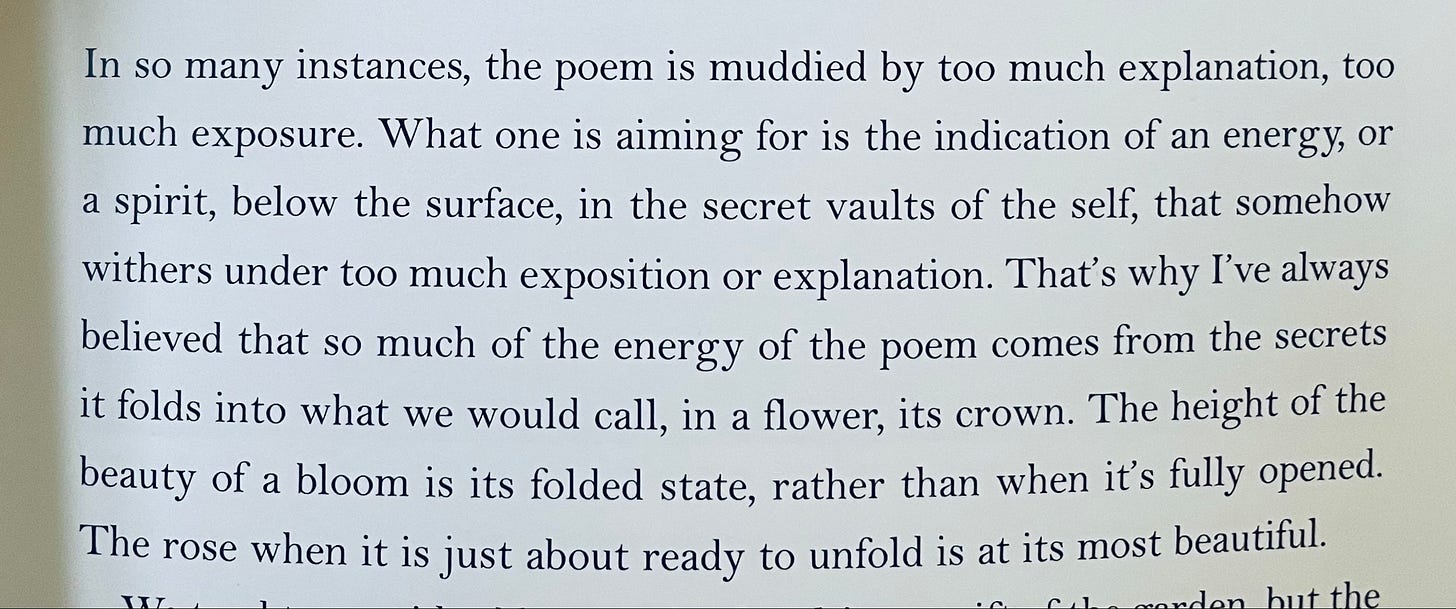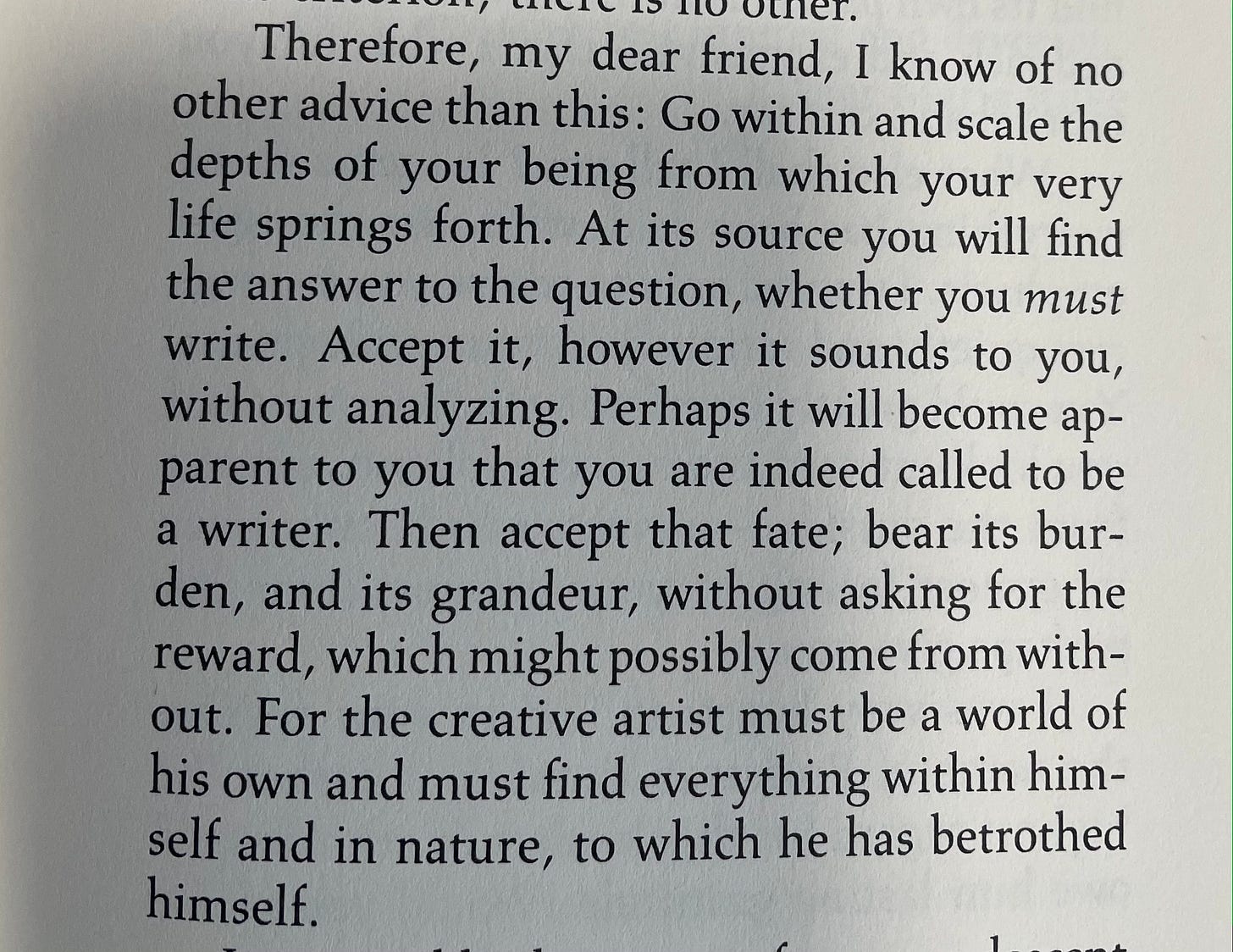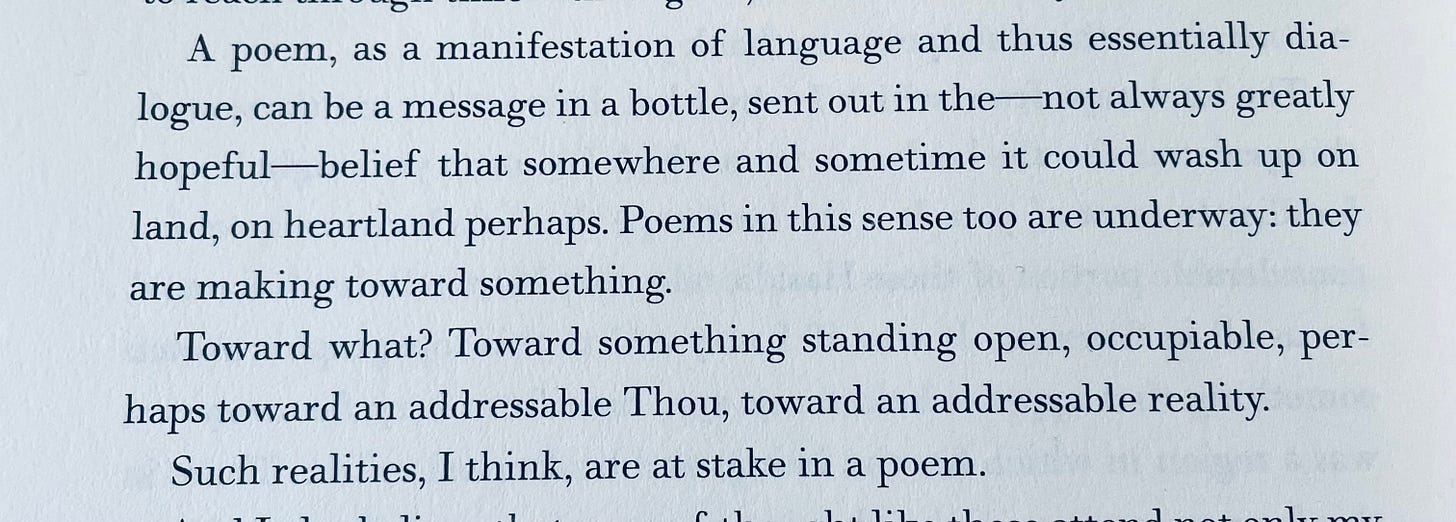In August I am republishing some of the most popular of previous Saturday essays. Please enjoy.
This week’s column is about the mysterioso vibe people who are working on manuscripts experience about trying to deal with getting published. “How does it work? How do I break through? What is going on? My poems aren’t bad, so why aren’t they getting taken? Why is publishing poetry so opaque?”
In my editorial services work I frequently work with people who want to submit their manuscripts to a contest, open reading period, or to literary magazines. Often people in this situation feel publishing their poetry is like dealing with a sphinx: that there are unreadable, inscrutable, or perhaps capricious barriers to entry. Perhaps the system is corrupt, is seeking a profit, that you have to know someone, or that someone has to know you. Or perhaps the people at the other end can’t tell good from bad?
I read a lot of manuscripts as I curate the daily posts for The Sharpener, and as a reader sometimes for book contests. These manuscripts usually appear in a list on Submittablewith anonymized alphanumeric codes instead of names, to avoid favoritism. I’m then tasked with adjudicating with a +1, 0, or -1. All the preliminary readers vote as such and then those with the highest numbers of points are sent up to the judge.
On one level the process is subjective: my own tastes make a judgment in one direction instead of another. It’s unproductive to try to guess what some editor or reader out in the world will think, or how they’ll respond to your work. Nor do most editors and readers have time to read anything too closely.
Yet, there are a series of questions you might ask yourself. What if there was a rubric that could shine a light on how I make choices when I evaluate a manuscript?
If you go through this list and can honestly evaluate your poems on a scale of +1, 0, or -1 what your capacities are, you can better identify which skills or tools you might sharpen. You may have mastered one or several or most of these craft areas, but you may not know what to focus on next. From this perspective, you aren’t competing with all the other manuscripts in the pile, but with yourself.
Is everything in the poems purposeful, functional, and intentional?
Does the poet effectively use all or most of the tools in the poet’s “toolbox?” These include: titles, line lengths, line breaks, rhythm, image, metaphor, sound, syntax, punctuation, structure, form, stanzas, diction, voice, tone, mood, enjambment, rhythm, meter, endings, blank space, and caesuras.
Does the poet have a sense of form? Are the poems just prose broken arbitrarily into lines?
Does the thinking in the poems merely say something the poet already knew before writing the poems, or does it push into the unknowable, unsayable, and inexpressible?
Are the poems simple or complicated? Do they make the simple sound complex, or the complex sound simple? (They’re not the same thing.)
Has the poet shown what they’ve read in what they’ve written?
Are the poems self-centered? Do they typify the aesthetic stage of beginning writers? Do they get stuck in art for art’s sake?
Does the poet show moral intelligence and taste?
Are there surprises? In language, in form, in attitude, in questions? Is it boring?
Is the manuscript too clever? Or is it actually thoughtful?
Are the poems old-fashioned or do they reflect the social, psychological, and political changes in poetry since 1950?
What is the level of craft like? Do the poems feel crafted, chiseled, honed? Do they use compression, concision? Are they intentional, with specific and determined artistic choice-making?
Are there a lot of adjectives and adverbs (e.g. more than one)?
Do the poems get bogged down in description? Is the description purposeful or merely decorative?
Do the poems respond to all the poems that have come before, and will come after? Or do they have the attitude of “there has never been a mind like mine?”
Are the poems risky? Do they reiterate what’s already been said, or do they push into the unknown, the withheld, the mystery of the world?
Are the poems honest, direct, vulnerable, interesting, important, and what is at stake?
Do the poems show surprising insights, or are the poems merely conventional insights, where the poet found a thesaurus and jazzed up something ordinary?
Does the poet imagine a reader at least as sensitive and intelligent as they are, or is it pandering, hand-holding, and simplistic?
Do the poems over-explain? Are the poems weighed down by exposition?
Do the poems care about something?
Are the poems didactic, expository, or academic?
Do the poems have a point of view?
Do the poems give pleasure to the eye and the ear?
Does the manuscript have an emotional arc or some other organizing principle?
Does each line have integrity, or are they slack?
Are the poems balanced? If they have a hinge or turn, do the hinges come at thoughtful places in the poems?
Are the poems psychically distant, or are they felt, embodied, and show the immediacy of experience?
Do the poems have multiple dead words in a row?
Does the poet have a sense of interesting end words?
Are the poems porous? Do they connect the inner world of the poet with reality on multiple levels?
Do the poems try to notice or articulate the gap between thinking and the physicality of the world?
Do the poems begin with listening? Are the poems present and immediate?
Are the poems experiences, or are they about experiences?
Does the poet know how to maximize the impact of all the poems’ elements, or do the poems have lost opportunities to increase beauty and meaning?
Does each poem say “You must stop and slow down!” or is it easily forgettable?
Are the poems clear? Is the thinking clear?
Do the poems use abstractions, abstract language, and abstract nouns?
Are the pronouns clear? Do we know who everyone in the poem is, where they are in physical space, and what their relationships are?
Do the poems show balance between the microscope and the telescope?
Are the poems all about the writer, or are they about language?
Are the poems vague or precise?
Does the poet understand the relationship between form and content?
Is there an intelligent, human voice speaking to me as I read the poems?
The good news is that most manuscripts that get sent to contests are weak. They positively address maybe one or a few of the above questions, but are not good enough. Some have mastered many or most of these questions, but feel like something that’s been said or done before. These are honest questions, and they deserve honest attention. Below are ten lessons I’ve gained from devoting my life to poetry.
Poetry is work.
There are no rewards in poetry beyond writing the poems.
There will always be another poet.
There is no such thing as meritocracy in poetry.
Everyone—whether you’re in high school or you’re Louise Glück—has the same problem: fill the blank page with something. That problem never gets easier.
You can’t make mistakes, but any poem can be improved.
There are no hacks, cheats, or shortcuts.
The only way to improve is to read as much poetry as possible and keep practicing.
Always remember what poetry’s given you.
It’s not all about you. It’s about your poems contributing to all the poems.
The goal and core belief of The Sharpener is that everyone can read and write poetry better, and that if people do poetry better, that thinking will be better, and we can create a better world. Look to the masters:
Jean Rhys:
Natalia Ginzburg:
Stanley Kunitz:
Ann Lauterbach:
Adrienne Rich:
Rainer Maria Rilke:
Paul Celan:
George Oppen:
For further reading:
Celan, Paul. Selected poems and prose of Paul Celan. New York: W.W. Norton, 2001. [Buy at Bookshop]
Ginzburg, Natalia. A Place to Live: And Other Selected Essays. New York: Seven Stories Press, 2011. [Buy at Bookshop]
Kunitz, Stanley. The Wild Braid. New York: W. W. Norton, 2007. [Buy at Bookshop]
Lauterbach, Ann. The Night Sky: Writings on the Poetics of Experience. New York: Penguin , 2008. [Buy at Bookshop]
Oppen, George. Selected Prose, Daybooks, and Papers. Berkeley, CA: University of California Press, 2008. [Buy at Bookshop]
Plante, David. Difficult Women. New York: New York Review Books, 2017. [Buy at Bookshop]
Rich, Adrienne. What Is Found There: Notebooks on Poetry and Politics, New York: W. W. Norton, 2003. [Buy at Bookshop]
Rilke, Rainer Maria. Letters to a Young Poet, Boulder, CO: Shambhala, 2021. [Buy at Bookshop]
About Sean Singer












This post is incredible. I was actually thinking of it this week. Thanks for re-publishing it.
This post is wonderful - and also reusable on my end. Meaning: I need to print it out and stay connected to it in some way. I think a few re-reads are in order. It's also super inspirational. Following the rubric, I recognized more of my strengths and weaknesses, past and present. Others were more opaque to me, kind of like trying to read your own tarot cards. I felt like each point was something I'd like to examine in detail, like in a class format. Thank you for sharing your experience :)